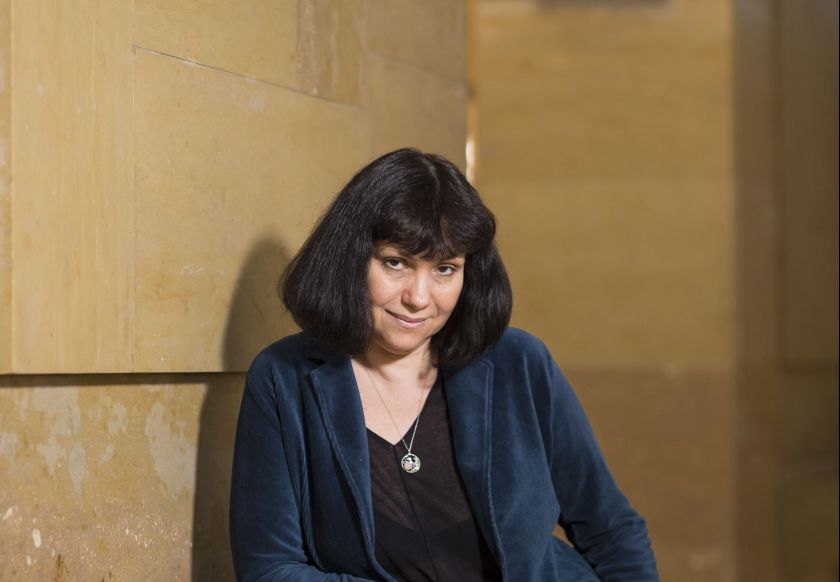The Drama Programme 2024
The Drama Programme

My first programme for Salzburg was created on the backdrop of intimidating historical catastrophes; most of the performances, however, do not deal with the current political agenda, but revolve around what Dostoyevsky called “the secret of human life”.
The 2024 drama programme has three parts. The first part examines the relationship between humankind and metaphysics; it is represented by two prominent names: Krystian Lupa and Nicolas Stemann. In Lupa’s staging of The Magic Mountain, the sanatorium in which Thomas Mann’s protagonists live on the eve of World War I becomes a kind of Noah’s Ark, where the “heroes” escape reality. In his version of the Die Orestie, Stemann demonstrates how the gods, who embody sacred law in Aeschylus’ pieces, come to personify bloody absurdity in the tragedies of Euripides.
The second line of programming is about humankind’s relationship with history. The Swiss director Thom Luz is known for his musical stage fantasies. He describes his new production, based on Stefan Zweig’s Sternstunden der Menschheit, as a „symphony of historical chaos”. In Everything That Happened and Would Happen, Heiner Goebbels has devised a musical-kinetic composition in which current events are interwoven with excursions into the history of the 20th century.
The third part of the programme focuses on the relationship humans have with their own bodies and consciousness. The outstanding Swedish choreographer Alexander Ekman has created a new total work of art in his Midsummer Night’s Dream, in which the characters traverse their own dream worlds. In Spiegelneuronen, Stefan Kaegi recounts how the human brain functions – based on the latest scientific insights.
Readings and discussions correlate with the three vectors of programming. Botho Strauß’ Saul, read by Jens Harzer, deals with questions of transcendence; the marathon project Vergessene Stücke (Forgotten Pieces), which illuminates some blank areas on the map of Austrian drama, corresponds with the subject of humankind and history. A panel discussion on KI und Kunst (AI and art) asks similar questions as Stefan Kaegi’s Spiegelneuronen.
The only Festival event that stands apart, reacting directly to our political situation, is the reading of Alexey Navalny’s letters by Michael Maertens. After the tragic death of Alexey Navalny, this event has taken on special significance, proving as it does that artists – much as art is their reference – should not ignore politics entirely.
Marina Davydova • Director of Drama
First published in the Festival insert of Salzburger Nachrichten 2024
Translation: Alexa Nieschlag
